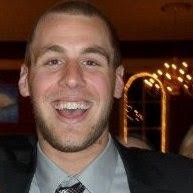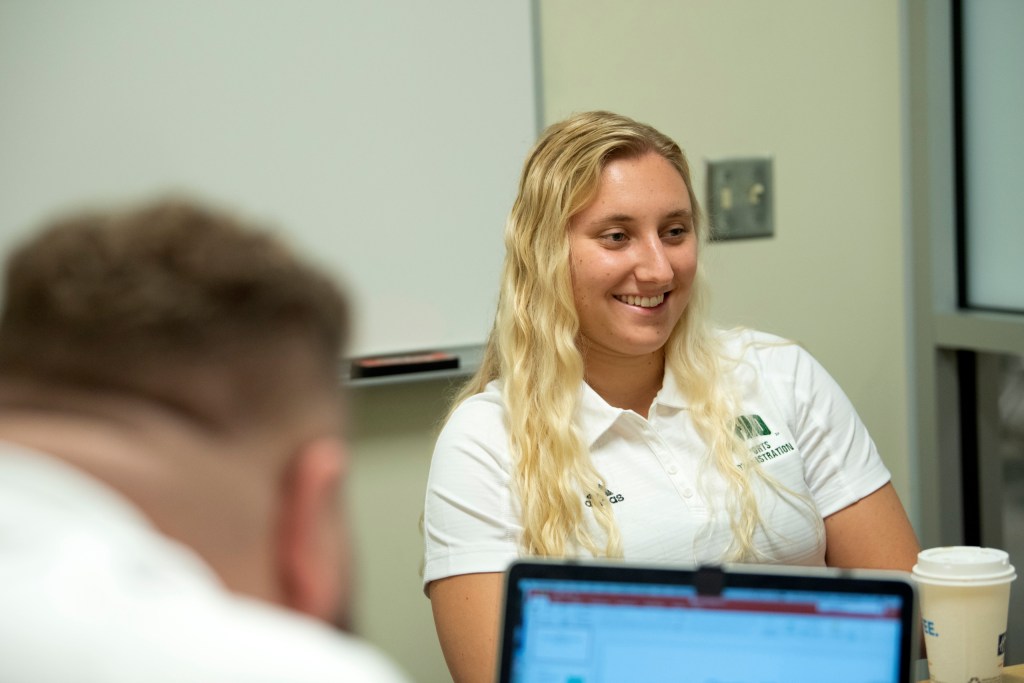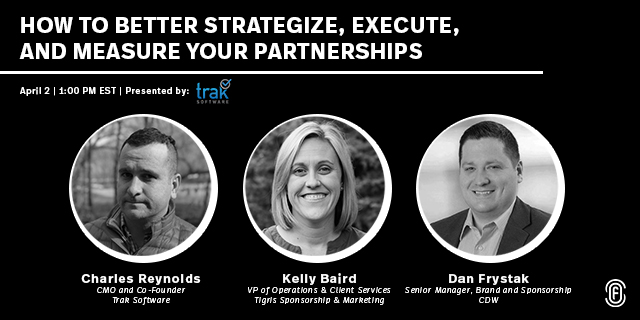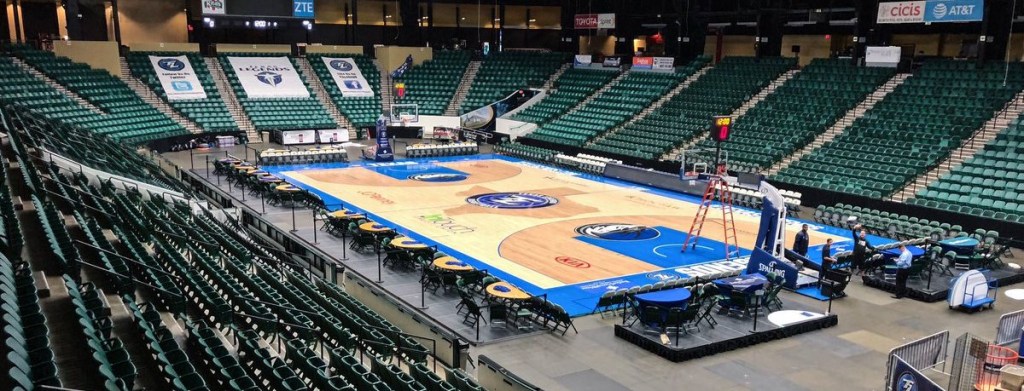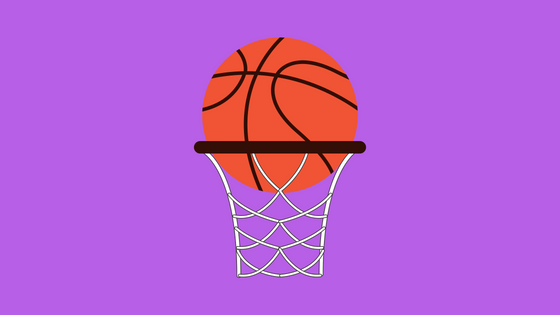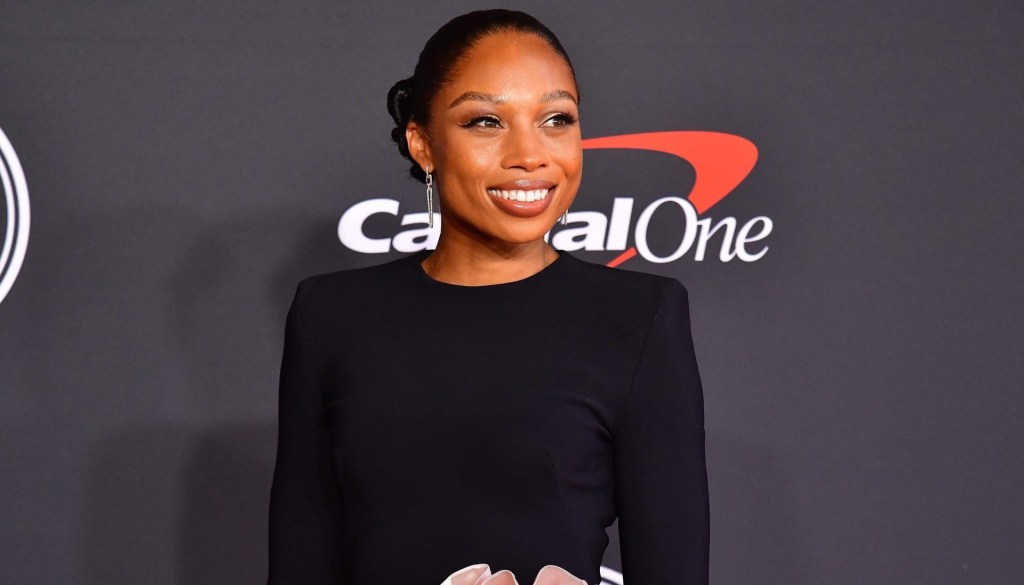By: Travis Gorsch, @tgorsch3

Front Office Sports is proud to have sat down with Taylor Mounts, Account Executive — Corporate Partnerships for the Arizona Diamondbacks. Taylor was gracious enough to offer up his time and insight into his young and promising career in the sports industry.
Taylor is a graduate of Willamette University where he was a student athlete on the Men’s Basketball team. He graduated with a Bachelor’s in Rhetoric and Media Studies in 2012 with the hopes of pursuing a career as a basketball coach. During his playing career at Willamette, he would return home to Hawaii to help out with the local AAU team that he used to play on in high school, the Hawaii Raiders as the Director of Player Development.
“I knew I wanted to be in sports. Originally, I thought I wanted to be a basketball coach. When I went home in the summer, I wanted to work around my workout schedule in the offseason. I could work out and coach all at the same time. When people say your degree is what you’re going to do the rest of your life, I think it’s pretty stupid. Having a degree in Rhetoric and Media Studies is basically the same as communications. In life and in business, you have to learn how to communicate.”
After graduation, his first move from Willamette took him to Eastern Washington University where he was the GA [Graduate Assistant] for the Men’s Basketball team. Here he quickly learned coaching wasn’t the avenue he wanted to pursue.
“I went to Eastern Washington and got on the staff and had a great experience. Coaching and playing are two totally separate things though. I didn’t get the juices going as much coaching as I did playing.”
While at Eastern Washington, Taylor worked towards his Master’s in Sport Management. He also decided to transition from basketball staff to the Eastern Washington Athletic Department as an Athletic Development Assistant working alongside the Associate AD for External Operations and closely with the Director of Corporate Sales.
“I happened to get an internship with Ken Halpin and asked him if I could help out with some projects. He introduced me to the sponsorships side of sports. I thought to myself, people actually get paid to sell advertisements? Ken, now the Deputy AD, let me do a bunch of projects. It was a big eye opener. As a player, you don’t see what actually goes on in the athletic department or in sports business.”
After spending just over a year at Eastern Washington, Taylor began searching for his next big career move.
“I was unpaid at Eastern Washington, so I had to take loans out. It didn’t bother me, because I knew how great the opportunity was. It can be rare to find a paid internship and if you do, you should go and grab it. I was unpaid for an entire year. I wanted to get an internship somewhere big. It would be important for me to move on. I always thought of my next move two or three steps down the road.”
He applied to anywhere from 50 to 75 places and received few responses. One of those responses came from the UFC [Ultimate Fighting Championship]. After a couple interviews, he was hired as a Sponsorship Sales and Activations Intern.
“I was still so naïve to the sponsorship game. I didn’t really understand what was going on at first. They were doing eight figure revenue deals in sponsorship. It really opened my eyes to sponsorship, but also being at a global platform like the UFC. I learned a lot and tried to sponge up as much as I could. I was so fortunate to be there for six months because of who I learned from.”
After his time with the UFC concluded, he continued on the path of partnerships by securing a Coordinator position in Partnership Marketing with MGM Resorts International. Taylor knew he wanted to work in sports but the opportunity to gain experience with the MGM offered him valuable skills to set him up for a return to the sports industry in the near future.
“Sports and entertainment go hand and hand. MGM is obviously the largest entertainment company in the world. I knew I had to get a job after my internship and I thought the MGM opportunity would be great in order to get my foot in the door. It was great to learn and be a full-time staff member instead of an intern. If you need to get a job after grad school, there is nothing wrong with the entertainment industry. The cross over is so easy.”
He transitioned back into sports at the collegiate level when he took a position at McNeese State University as the Director of Corporate Partnerships. He took the transferable skills he learned in the entertainment industry with him and applied them directly to his sports experience.
“I realized I really wanted to sell. With sponsorships, you either win or you lose. You either bring in money or you don’t. Sports is a bottom line business whether you’re coaching or playing. Especially when you’re on the business operations side.”
His brief time at McNeese State offered many great experiences along the way.
“We had a young staff. I made a lot of great friends and had a great experience at McNeese. I had success selling, but I didn’t want to live in Louisiana for a long time. I was focused on doing the best I could every day and ultimately moving to a bigger property or organization. It was definitely hard in small town Louisiana. Being at a smaller school, all the sponsorships are local. You have to fight for money. You have to fight to get money that might go out of town. The thing that separated myself while I was down there was it was based on relationships. People tend to be too buttoned up and go by a sales call list. I had personal relationships with the sponsors. You either do it or you don’t. I found a way to do it.”
While at McNeese, he continued to interview for positions that would advance his career. He had been a finalist with Learfield at three different properties, but never got the job. Somewhat upset and 10 or so interviews with other organizations opportunity came knocking once again. This time in Arizona with the Diamondbacks.
“I saw the posting for the D-backs job through Turnkey Sports. I called Turnkey and said I wanted to interview for the Diamondbacks position. There were also many other executives that I have gotten to know through networking that helped me get this job as well after my first interview. You never know who will help you down the road. About five interviews later with the Vice President, Executive Vice President, and more, I had the job.”
“Coming closer to the season, things are ramping up. Everyday I’m making sure that I’m getting in and making the right calls to the right companies. It’s important to identify key people in the organization and go sell. Once you make the right connections, you have to get the meetings. You have to get in front of people to tell our story. I’m on the phone a lot, I’m at lunch a lot, and even golfing to form relationships with sponsors. In partnerships you are forming more of a relationships, because you are asking for more large sums of money.”
“I think the learning experience at McNeese was great. I dealt with bank sponsors, pizza places, construction, oil & gas, energy, etc. You name it. It allowed me to be able to see the many different facets of business. A lot of the times we go into sell a business that we are just a small part of their day. Being able to run the show and make decisions has allowed me to be more confident as a salesman and sports marketer.”
Taylor offered some great advice about working your way up the career ladder and putting in the time necessary to be successful in the sports industry.
“A lot of people say they want to work in sports. A lot of people wouldn’t live in small town Louisiana to accomplish that. This is my fifth state in four years. It’s been a journey to say the least. You have to go where you have to go. Sometimes you have to pick up and move. If you really want to work in sports, you’ll move. Some people can be picky, but a lot of the times you can’t have both. Do you want to live in Los Angeles and be picky about what sports you want to work in? I’m not saying that’s bad, but if you get an opportunity to work somewhere you got to go.”
Taylor mentioned Urban Meyer as an example of a college coach that had to put in his time. He started coaching defensive backs in the state of Ohio at the high school level before breaking into college football with Ohio State as a Graduate Assistant. Then he spent another 13 years as an assistant at Illinois State, Colorado State and Notre Dame before he ever got the chance to take over the reigns as a head coach. Even before the National Championships at Florida and Ohio State, Meyer held Head Coaching positions at Bowling Green and Utah.
“All these coaches started somewhere. The same goes for people in the sports industry. A lot of people don’t see that when they are looking at all these big guys at the top of organizations. They all came from somewhere.”
“I think for people that want to work in sports, first of all it’s a great industry. Why would you do something that you wouldn’t love every day? I never understood that. I love sports and wanted to work in sports. They have to figure out what they want to do. Some people want to be in PR, some people want to be in finance, some people want to sell sponsorships, etc. I think you have to narrow your focus to the category to what you want to do.”
“People want to help young people. I wish I had this website [Front Office Sports] when I was an intern. I didn’t know where to go and who to call. I was naïve. I was what you call an eager beaver. I just picked up the phone and called individuals with more experience than myself. Some people like that stance and some people don’t.”
“To get an entry level job, you have to find something to make you stand out. You can’t move up being like everybody else. I tried to separate myself by coming in with a great attitude and always being energetic.”
“I think everyone always says build your network. I went to a D3 school [Willamette]. I didn’t have a network. For me, I think LinkedIn is great. I see all these business leaders and guys that work for teams. I am fortunate to build relationships by picking up the phone and calling sports leaders to ask them for 20 minutes to offer advice to a young person trying to climb into the industry.”
“Tell people why you want to work in sports. From there, your network will grow. When I was 22, I didn’t think I would know the Vice Presidents of the UFC or the President of the Diamondbacks. I still keep in touch with Brett Sadler, VP of Parternship Activation, who hired me, and Mike Mossholder, who’s Executive VP of Global Marketing Partnership. Don’t be afraid to put yourself out there. You’re going to hear a lot of no’s before you hear yes. Don’t be discouraged.”
“Don’t be afraid to chase. And when you do, chase it with conviction. When you want to work in sports and you’re not making money at first, never lose sight of your passion. I see people that I came into the industry that have got out of sports, because they wanted to make money right away. You have to take the good with the bad. Don’t forget what it was like when you were trying to get your foot in the door. At the end of the day we are all passionate about sports. I love to wake up every day and go to work. Why would you want to do anything that you weren’t passionate about?
Front Office Sports would like to thank Taylor for his time and wish him all the best in his future endeavors.
If you would like to connect with Taylor you can find him on LinkedIn here.
